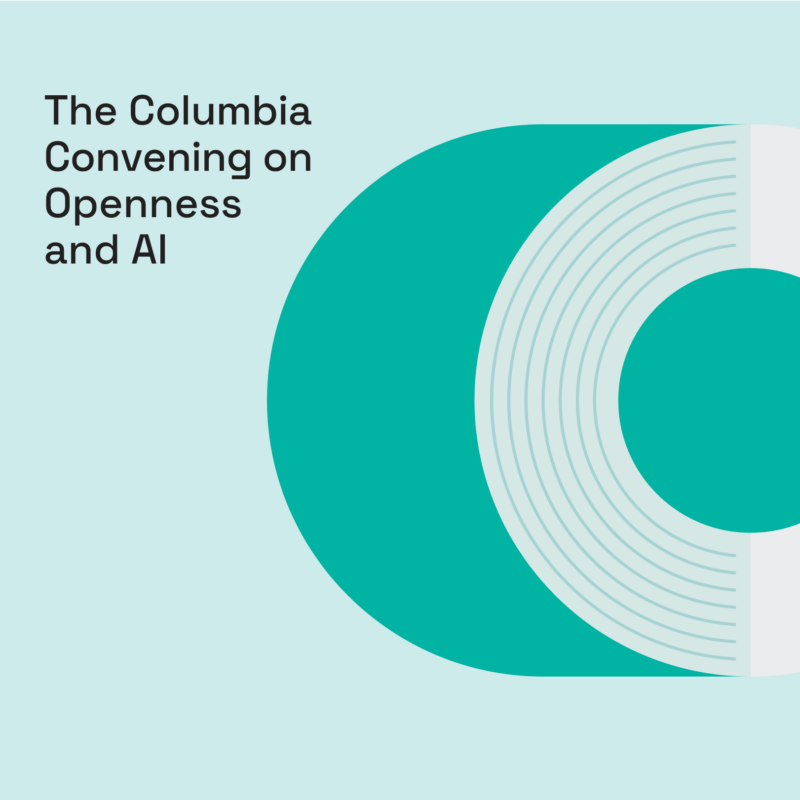
A Pocket collection for your wellness journey, as curated by the team behind ‘The Science of Happiness’ podcast
Want to live a more fulfilling life? The internet gives plenty of advice. But finding guidance backed by research can get tricky.
That’s where The Science of Happiness podcast comes in. Co-produced by PRX and UC Berkeley’s Greater Good Science Center, the popular podcast explores science-backed strategies to cultivate a happier life. Its new series, Happiness Break, guides listeners through a practice they can follow for a few minutes during their day.
Podcast host and psychologist Dacher Keltner is curating Pocket reading lists in hopes of encouraging listeners to go deeper on subjects like fear of failure, gratitude and optimism. We chatted with him about what motivated the Happiness Break, why he thinks wellness audio content have become so popular and how he makes time for his own reading list.
For people unfamiliar with your award-winning podcast, The Science of Happiness, can you tell us a little bit about your work and how you got to the audio space?
In teaching The Science of Happiness in university and other settings for 25 years, it became really clear to us here at UC Berkeley how hungry people are for actionable knowledge about meaningful living. One of the best ways in which we can dive into that knowledge is through conversation. That’s how people have been learning about happiness for a millennia — just telling stories, listening and being with other people. And so The Science of Happiness podcast emerged out of that sense — that is, if we bring really interesting, diverse voices to our show who are different ages and have different perspectives, and they experiment with a research-backed practice, and we complement that with the latest science — listeners will be really interested.
How did the new series Happiness Break come to be and how does it differ from The Science of Happiness? Can you offer a quick peep of what listeners can expect?
I was brought in to teach The Science of Happiness to medical residents at a hospital, where there tends to be a lot of stress because of the pandemic. This young resident told me, “You know, I love this, but I only have a few minutes each day. I’d love something that I could just hear on my phone as I’m making my way to my next patient.”
That idea just kept returning to the producers at The Science of Happiness and myself. People are on the move. They have these little moments in the day: Maybe they’re waiting to pick up their kids, or waiting for somebody for a meeting, or just sitting outside. They would like this content, but they’d like it to be quick or brief. So we decided to create the Happiness Break, [which guides listeners to] a practice for a few minutes. It’s tailor-made for our busy lives, and it offers what we’ve been delivering in The Science of Happiness podcast in a quick, usable form.
There is an excellent roster of guest hosts in this new series! With so many fantastic wellness experts and strategists, how did you go about selecting them?
We definitely have our roster of trusted voices – people like Kristin Neff, who is the pioneer in self-compassion literature – but what has been true of The Science of Happiness podcast, is we’ve really been trying to diversify our offerings to include other cultural traditions [relevant to more meaningful living]. We’re also building on practices and ideas about how we find optimistic paths in the climate crisis. We hope to broaden listeners’ appreciation of happiness in this way.
Podcasts and audio-based apps centered on well-being have become quite popular in recent years. Why do you think there is such an appetite for audio guidance around wellness?
Some of the oldest questions that you find in the written record, in spiritual and ethical traditions, in novels, paintings and music are: What does it mean to be alive? How can I find meaning? How can I find happiness? This is a deep human interest, to find happiness.
The audio space, apps, podcasts and courses are building upon that human tendency. They’re tailored in many ways to our specific cultural moment. There could be a young person working out and they want to listen to something, or they’re commuting, or they’re looking for 20 minutes during a lunch break to get outside and find a little bit of meaning. The podcasts, apps and the courses that you find really fit those interests. I also think they’ve been helpful to people during the pandemic and these hard times.
There’s a lot of background research and preparation that go into producing each episode, and you included articles you and your team read in the Pocket collection you created for Happiness Break. What kind of insights can listeners expect from this collection?
One of the things that we hope to cultivate is a deeper search for knowledge about the topics that we cover, like gratitude, awe, kindness and handling stress. So we’ve curated little pockets of information that guide our listeners on that journey.
So if we’re covering immersion in nature, they’ll learn more from articles about the benefits of being in nature. And then there’s links to other podcasts that we respect and personal stories of people that show listeners what we’ve built our podcast around. We are convinced, like great predecessors like William James, that personal stories can tell as much about a phenomenon like happiness as any scientific finding.
With Happiness Break, listeners have the opportunity to be guided through research-based strategies for a happier, more meaningful life. As a psychologist, why do you think it’s important to explain the science and research behind why these practices actually work?
I think there are several reasons why. The first reason is, people like science, and they love to find out about studies and interesting twists on how one might study something like forgiveness or apologies.
The second reason has to do with trust. There’s a lot out there on wellness and much of it is of mixed utility, so science is one way we come to trust things, at least, certain listeners in our world.
The third reason is the right kind of science tells you about the process of a phenomenon. For example, when you learn about the science related to how nature immersion affects your physiology, you’ll know that it has a direct effect on your vagus nerve and certain patterns of activation in your cortex. That finding helps give you insight, like, “Wow, when I was walking through the Rose Garden, the sights, colors, sounds and scents just made me feel better about the world.” Science gives you a lens into understanding that.
What articles and videos are in your Pocket waiting to be read/watched right now?
I catch up on the long reads [mentioned] in the podcasts I am moved by. There will be a half-hour of like, “I really want to read what’s happening in the January 6th hearings,” and a half-hour of my reading what I love. The New Yorker is interesting because even the crime and political stories, they’re so well-written, that they’re a treat.
At Pocket, we’re all about helping people carve out time and space to dig into the stories that matter. Where and when do you catch up on the long reads and podcast episodes you’re excited for?
I think one of the interesting things for listeners to think about is: “How do we build this stuff into our busy lives and into the rhythms of our day?” I check in on things in the morning, as my coffee is starting to have its effects, and before I’m ready to work hard on writing or research. And then I do it at night, too, before I settle into sleep. I really encourage our listeners to find a couple of moments in the day where this becomes a regular part of the rhythm of their day.



